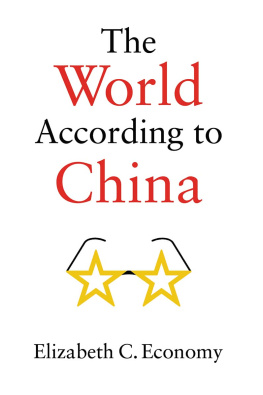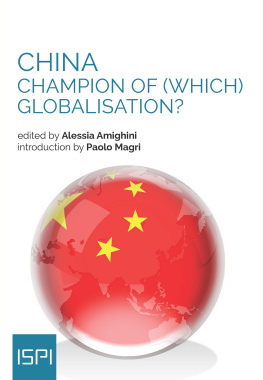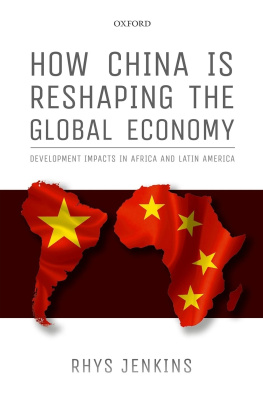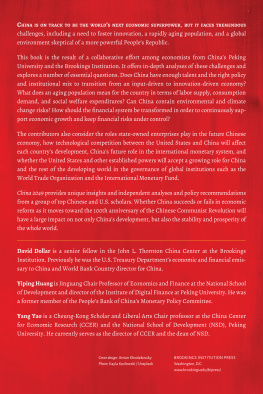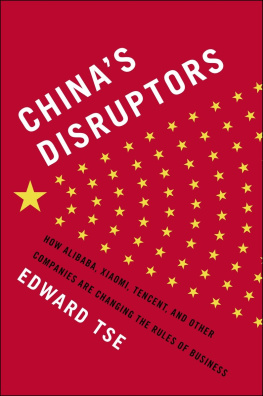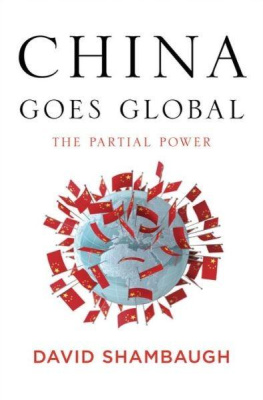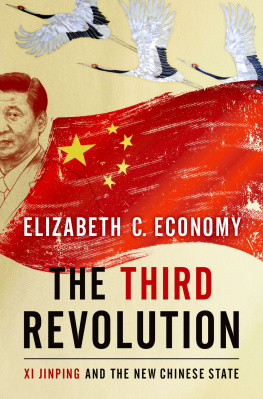By All Means Necessary
The Council on Foreign Relations (CFR) is an independent, nonpartisan membership organization, think tank, and publisher dedicated to being a resource for its members, government officials, business executives, journalists, educators and students, civic and religious leaders, and other interested citizens in order to help them better understand the world and the foreign policy choices facing the United States and other countries. Founded in 1921, CFR carries out its mission by maintaining a diverse membership, with special programs to promote interest and develop expertise in the next generation of foreign policy leaders; convening meetings at its headquarters in New York and in Washington, DC, and other cities where senior government officials, members of Congress, global leaders, and prominent thinkers come together with CFR members to discuss and debate major international issues; supporting a Studies Program that fosters independent research, enabling CFR scholars to produce articles, reports, and books and hold roundtables that analyze foreign policy issues and make concrete policy recommendations; publishing Foreign Affairs, the preeminent journal on international affairs and U.S. foreign policy; sponsoring Independent Task Forces that produce reports with both findings and policy prescriptions on the most important foreign policy topics; and providing up-to-date information and analysis about world events and American foreign policy on its website, www.cfr.org.
The Council on Foreign Relations takes no institutional positions on policy issues and has no affiliation with the U.S. government. All views expressed in its publications and on its website are the sole responsibility of the author or authors.
By All Means Necessary
HOW CHINAS RESOURCE QUEST IS CHANGING THE WORLD
BY
ELIZABETH C. ECONOMY
AND
MICHAEL LEVI
A Council on Foreign Relations Book


Oxford University Press is a department of the University of Oxford.
It furthers the Universitys objective of excellence in research, scholarship, and education by publishing worldwide.
Oxford New York
Auckland Cape Town Dar es Salaam Hong Kong Karachi
Kuala Lumpur Madrid Melbourne Mexico City Nairobi
New Delhi Shanghai Taipei Toronto
With offices in
Argentina Austria Brazil Chile Czech Republic France Greece
Guatemala Hungary Italy Japan Poland Portugal Singapore
South Korea Switzerland Thailand Turkey Ukraine Vietnam
Oxford is a registered trademark of Oxford University Press
in the UK and certain other countries.
Published in the United States of America by
Oxford University Press
198 Madison Avenue, New York, NY 10016
Elizabeth C. Economy and Michael Levi 2014
All rights reserved. No part of this publication may be reproduced, stored in a retrieval system, or transmitted, in any form or by any means, without the prior permission in writing of Oxford University Press, or as expressly permitted by law, by license, or under terms agreed with the appropriate reproduction rights organization. Inquiries concerning reproduction outside the scope of the above should be sent to the Rights Department, Oxford University Press, at the address above.
You must not circulate this work in any other form and you must impose this same condition on any acquirer.
Library of Congress Cataloging-in-Publication Data
Economy, Elizabeth, 1962
By all means necessary: how Chinas resource quest is changing the world / by Elizabeth C. Economy and
Michael Levi.
pages cm
Summary: In the past thirty years, China has transformed from an impoverished country where peasants comprised the largest portion of the populace, to an economic power with an expanding middle class and more megacities than anywhere else on earth. Like every other major power in modern history, China is looking outward to find the massive quantities of resources needed to maintain its economic expansion; it is now engaged in a far flung quest around the world for fuel, ores, water, and land for farming. Chinese traders and investors buy commodities, with consequences for economies, people, and the environment around the world. Meanwhile the Chinese military aspires to secures sea lanes, and Chinese diplomats struggle to protect the countrys interests abroad. In By All Means Necessary, Elizabeth Economy and Michael Levi explore the unrivaled expansion of the Chinese economy and what has been required to sustain this meteoric growth. Clear, authoritative, and provocative, By All Means Necessary is a sweeping account of where Chinas pursuit of raw materials may take the country in the coming years and what the consequences will benot just for China, but for the whole world Provided by publisher.
ISBN 9780199921782 (hardback) 1. Natural resourcesGovernment policyChina.
2. ChinaForeign economic relations. 3. ChinaEconomic conditions2000 4. China
Economic policy. 5. National securityChina. I. Levi, Michael A. II. Title.
HC427.5.E36 2014
333.70951dc23
2013029331
1 3 5 7 9 8 6 4 2
Printed in the United States of America
on acid-free paper
THIS IS A WIDE-RANGING book, necessitated by its subject matter: Chinas resource quest extends from energy to minerals to land to water and is pursued to varying degrees through trade, investment, political maneuvering, and military means. Hence the title By All Means Necessary. Despite the broad nature of this book, though, it is not all encompassing. We do not dive into every one of the minerals China pursues or the countries with which it engages; instead we focus on representative examples. In addition, we do not investigate domestic Chinese resource consumption or production unless it directly affects resource availability beyond Chinas borders. This ultimately leads us, in particular, to exclude a host of domestic Chinese activities that have important global environmental consequences, most notably the burning of coal and its impact on climate change. In contrast, efforts to secure water within Chinese borders (which can affect the flow and availability of water in downstream countries) often fit our definition of a resource quest and hence are included.
In researching and writing this book, we relied on intensive use of the existing scholarly and business literature (along with our own analysis of both) and of statistical data. We also conducted research on the ground in many of the countries affected by Chinas resource quest, including Canada, China, Kenya, Mozambique, Zambia, Kuwait, Qatar, the United Arab Emirates, and Brazil, and we interviewed officials, scholars, and businesspeople from other countries such as Mongolia, Vietnam, and Peru. A book like this is only possible with such a mix of primary and secondary resources, and we are indebted to all those from whose knowledge this book has benefited.
WE BENEFITED FROM THE help of many people. We thank Council on Foreign Relations President Richard Haass and Director of Studies James Lindsay for their steady support and for providing us with the time and freedom to research and write this book. We were privileged as well to have colleagues who provided an enjoyable and stimulating place to work. We were also fortunate over the past several years to have the assistance of a very talented set of research associatesJaeah Lee, Alexandra Mahler-Haug, Jared Mondschein, William Piekos, and Charles Warrenas well as interns, including Amy Burns, Edward Delman, Dagny Dukach, Jeffrey Golladay, Mark Jia, and Sarah McGrath. Without their assistance, this book would not have been possible. We benefited greatly from the advice of Deborah Brautigam, Erica Downs, and Robert Kapp, all of whom took time from their own scholarly research to review particular chapters. Two anonymous reviewers, as well as Richard Haass and James Lindsay, also made excellent suggestions that helped improve the soundness and clarity of our arguments. We are thankful to David McBride for his patience and wisdom in shepherding us through the publication process. We are deeply grateful to the Henry Luce Foundation, Starr Foundation, and Alfred P. Sloan Foundation for providing the financial wherewithal to undertake the research for this book, and to the Starr Foundation and David M. Rubinstein for their generosity to the Council on Foreign Relations in support of the endowed chairs held by Elizabeth Economy and Michael Levi, respectively. Our greatest appreciation goes to our families and significant others for all their support during the long days and nights of research and writing. Liz thanks her husband David Wah and children Alexander, Nicholas, and Eleni; Michael thanks Megan Bradley.
Next page

